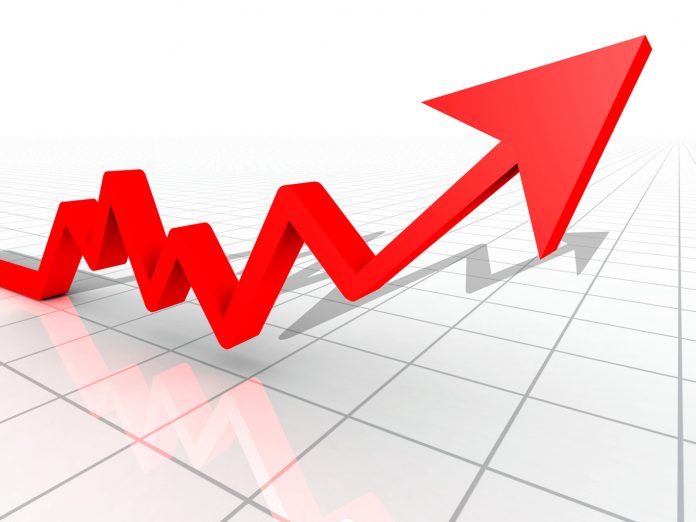Nigeria’s headline inflation recorded steep increase in November as the economic headwinds largely occasioned by outbreak of COVID-19 and slump in oil prices continue to impact the nation’s economy.
Report by the National Bureau of Statistics (NBS) showed that the consumer price index (CPI) which measures inflation increased by 14.89 per cent (year-on-year) in November 2020.
That is 0.66 percentage points higher than the 14.23 per cent recorded in October 2020.
Despite an expected easing of food prices, the International Monetary Fund (IMF) says inflation is projected to remain in double-digits and above the Central Bank of Nigeria’s (CBN) target range, absent monetary policy reforms.
The real GDP is expected to contract by 3¼ per cent in 2020. Economic recovery is projected to start in 2021, with subdued growth of 1½ percent and output recovering to its pre-pandemic level only in 2022.
According to the report, increases were recorded in all COICOP divisions that yielded the Headline index.
On month-on-month basis, the Headline index increased by 1.60 per cent in November 2020. This is 0.06 percentage points higher than the rate recorded in October 2020 (1.54 per cent).
The percentage change in the average composite CPI for the twelve months period ending November 2020 over the average of the CPI for the previous twelve months period was 12.92 percent, representing a 0.26 percentage point increase over 12.66 percent recorded in October 2020.
The urban inflation rate increased by 15.47 per cent (year-on-year) in November 2020 from 14.81 per cent recorded in October 2020, while the rural inflation rate increased by 14.33 per cent in November 2020 from 13.68 percent in October 2020.
On a month-on-month basis, the urban index rose by 1.65 percent in November 2020, up by 0.05, from 1.60 percent recorded in October 2020, while the rural index also rose by 1.56 per cent in November 2020, up by 0.08 from 1.48 per cent recorded in October 2020.
The corresponding twelve-month year-on-year average percentage change for the urban index was 13.65 per cent in November 2020.
The November figure is higher than 13.29 per cent reported in October 2020, while the corresponding rural inflation rate in November 2020 is 12.35 percent compared to 12.09 percent recorded in October 2020.
Professor of capital market in Nasarawa state university, Uche Uwaleke said the inflation numbers for the month of November is a reflection of the lingering impact of COVID’19 as well as legacy issues of insecurity in many parts of the country, border closure, increase in VAT, pump price of fuel, electricity tariffs and Exchange rates.
Uwaleke said the rise in headline inflation by 14.89 per cent in November from 14.23 per cent in October in spite of the drop in core inflation over the same period clearly shows that the major challenge remains rising cost of food as food inflation jumped from 17.38 per cent in Oct to 18.30 per cent in Nov.
“What this has shown is that inflationary pressure is caused primarily by non-monetary factors,” Uwaleke said, adding: “Therefore, fiscal authorities should be on the driving seat in the battle to rein-in inflation. Efforts in this direction should include tackling insecurity and ramping up measures to ensure food security.
He stated that investing in the Agriculture value chain will also go a long way in supporting real GDP growth given that Agriculture contributes about 30 per cent of GDP.


